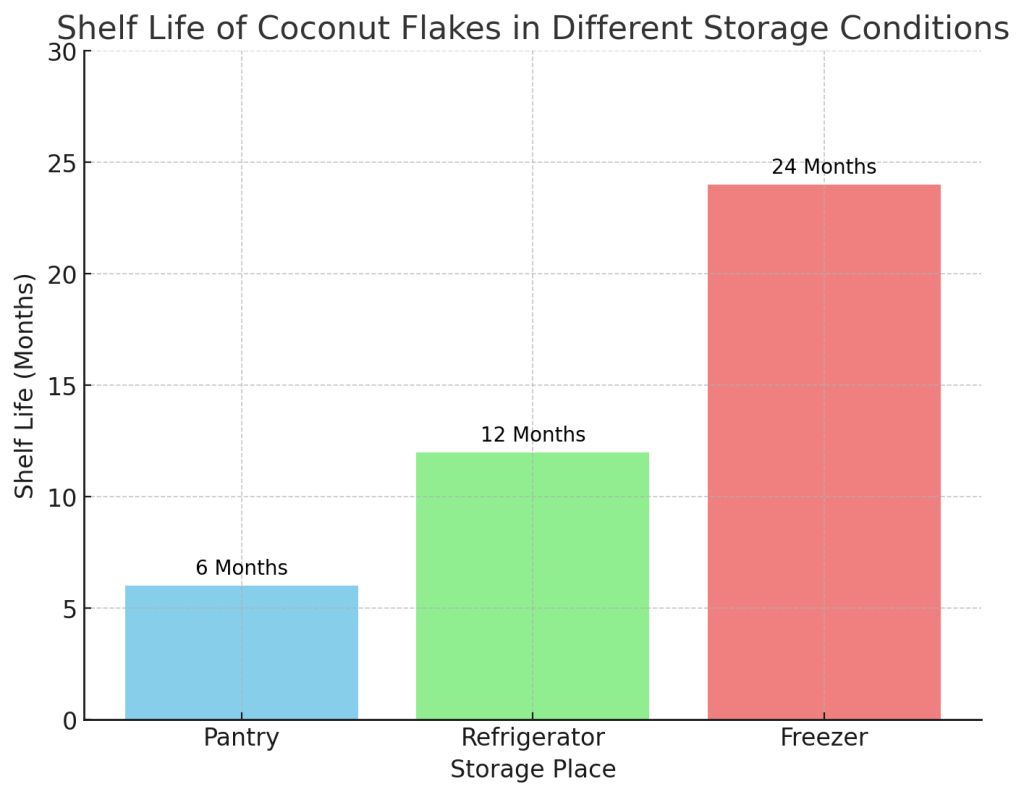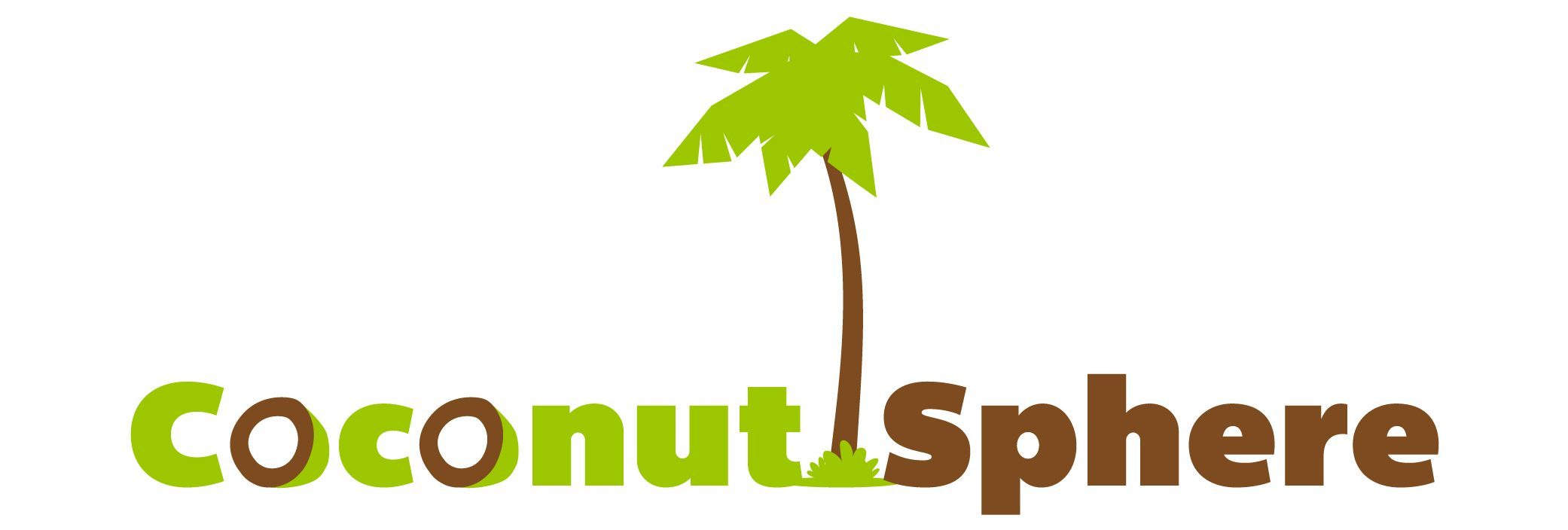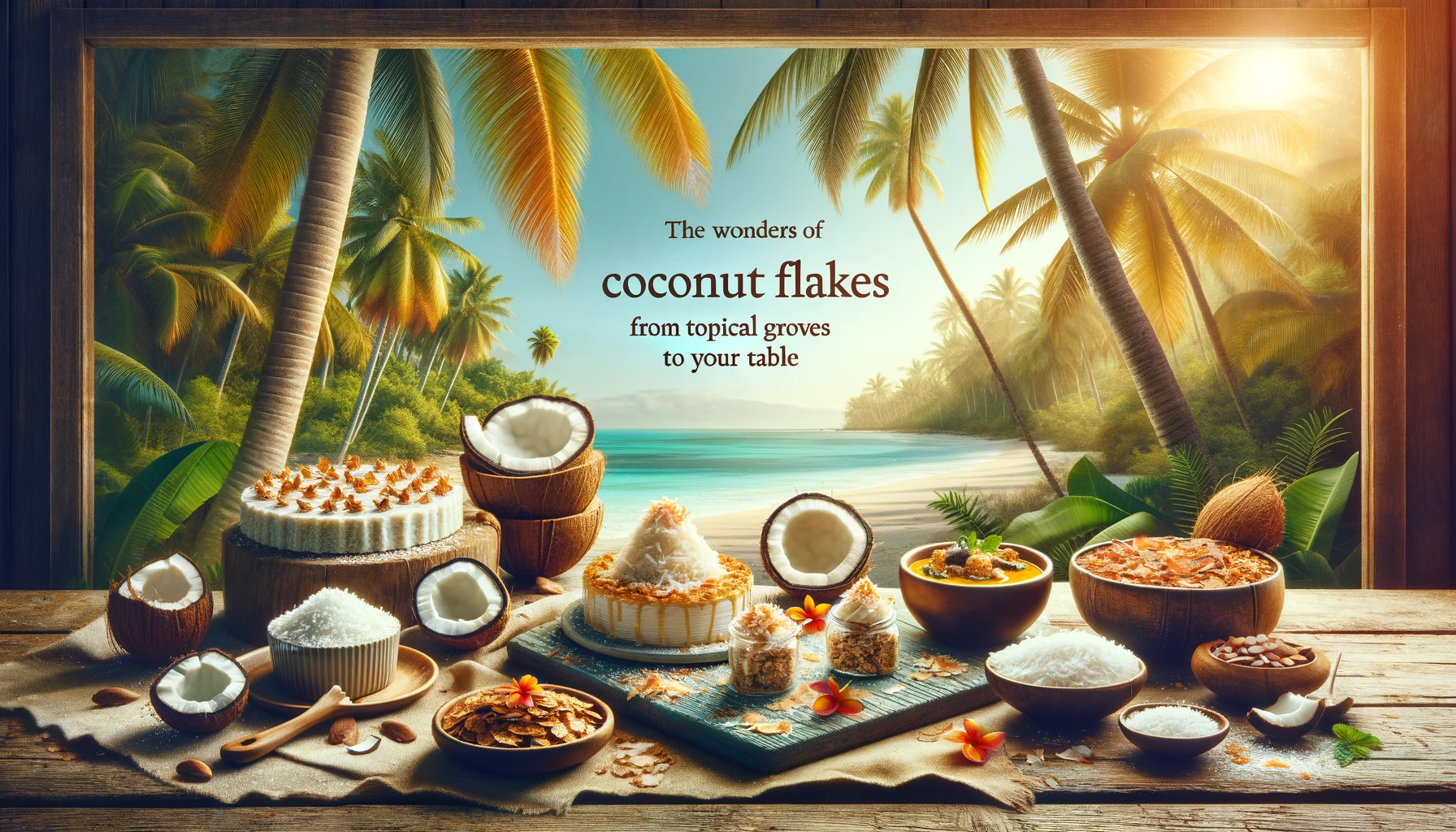Key Takeaways:
| Aspect | Detail |
|---|---|
| Shelf Life (Unopened) | Up to 6 months beyond expiration date |
| Shelf Life (Opened) | 4-6 weeks in a cool, dry place; up to 6 months in refrigerator |
| Storage Locations | Pantry, Refrigerator, Freezer |
| Storage Conditions | Airtight container, cool, dry place |
| Extended Storage | Up to 1 year in refrigerator, 2 years in freezer |
| Factors Affecting Shelf Life | Humidity, temperature, exposure to moisture |
Exploring the Shelf Life of Coconut Flakes
Welcome to the enchanting world of coconuts! At CoconutSphere, our passion is to delve into the myriad uses and benefits of this versatile fruit. Today, we’re focusing on a specific question: How long do coconut flakes last? This is crucial for anyone who loves using these flakes in their culinary adventures, as proper storage not only ensures longevity but also preserves the quality of your coconut flakes.
Shelf Life of Unopened Coconut Flakes
The shelf life of unopened coconut flakes is quite impressive. When stored correctly, they can last for up to six months beyond the printed expiration date on the package. This longevity is attributed to the flakes being sealed and protected from external factors like moisture and air.
Handling Opened Coconut Flakes
Once you open a package of coconut flakes, the clock starts ticking a bit faster. In a cool, dry place, opened coconut flakes can last for about four to six weeks. However, if you store them in an airtight container in your refrigerator, they can last up to six months. This variation in shelf life is due to the increased exposure to air and potential humidity once the package is opened.
Best Storage Practices
The key to extending the life of your coconut flakes lies in how you store them. Here are some best practices:
- In the Pantry: Up to 6 months in an airtight container.
- In the Refrigerator: Storing them in the fridge can extend their shelf life to up to 1 year.
- In the Freezer: For the longest shelf life, freeze them. Properly stored in the freezer, they can last up to 2 years.
Factors Affecting Shelf Life
The longevity of coconut flakes is influenced by several factors, such as humidity levels, temperature, and the materials used in packaging. Exposure to moisture or humidity can cause the flakes to spoil more quickly. Therefore, it’s essential to keep them in a dry environment and use airtight containers to lock out moisture.
For more insights into enhancing your culinary experience with coconut flakes, explore our articles on how to toast coconut flakes, how to sweeten coconut flakes, and how to rehydrate coconut flakes. Each of these guides offers practical tips and creative ideas to make the most out of this versatile ingredient.
In the next section of this article, we will dive deeper into creative ways to use coconut flakes in your cooking, along with some tips on identifying when they have gone bad. Stay tuned for more valuable insights!

Creative Uses for Coconut Flakes in Cooking
Coconut flakes aren’t just a delicious ingredient; they’re a gateway to a world of culinary creativity. Whether you’re a seasoned chef or a home cooking enthusiast, these flakes offer a unique way to add texture, flavor, and a tropical twist to your dishes. Let’s explore some innovative ways to incorporate coconut flakes into your cooking.
Sweet and Savory Delights
- Baking: Coconut flakes are a baker’s delight. Sprinkle them on top of cakes, cupcakes, or cookies for a delightful crunch and flavor. They can be mixed into batter or dough for added texture.
- Breakfast Bowls: Elevate your morning routine by adding coconut flakes to oatmeal, yogurt, or smoothie bowls. They pair wonderfully with fruits and nuts.
- Savory Dishes: Don’t limit coconut flakes to just sweet dishes. They can add a surprising twist to savory recipes, like coating for chicken, fish, or in Thai and Indian curries.
Creative Pairings
- Fruit Salads: Toss coconut flakes with fresh fruit for a refreshing and exotic salad.
- Granola and Trail Mix: Homemade granola or trail mix gets an upgrade with the addition of coconut flakes.
- Chocolate Dipped: Dip coconut flakes in melted chocolate for a simple yet irresistible treat.
Tips for Freshness
How can you tell if your coconut flakes are still good to use? Here are some signs to look out for:
- Smell: Fresh coconut flakes should have a sweet, mildly nutty aroma. If they smell sour or rancid, it’s time to discard them.
- Appearance: They should be white or slightly cream-colored. If you notice any mold or discoloration, do not use them.
- Taste: If in doubt, taste a small amount. They should taste fresh and coconutty, without any bitterness or off-flavors.
Maximizing the Benefits of Coconut Flakes
Coconut flakes aren’t just about taste; they also offer a range of health benefits. Rich in fiber and healthy fats, they can be a nutritious addition to your diet. However, it’s important to consume them in moderation due to their high caloric content. Blending the pleasure of taste with health benefits, coconut flakes are a fantastic choice for those looking to add a nutritious twist to their meals.
Health Benefits at a Glance
- Dietary Fiber: Great for digestion and may help in managing weight.
- Healthy Fats: Contains medium-chain triglycerides (MCTs), which are beneficial for energy.
- Minerals and Vitamins: Source of important nutrients like manganese, copper, and selenium.
For even more fascinating information about coconut flakes and their myriad uses, be sure to check out our comprehensive guides on toasting coconut flakes, sweetening coconut flakes, and rehydrating coconut flakes. Each article is packed with tips, tricks, and insights to help you make the most of this versatile ingredient.
Next, we’ll explore the global journey of coconut flakes, from the lush groves of the tropics to the bustling markets of cities, and how this journey reflects the cultural and economic significance of coconuts.
The Global Journey of Coconut Flakes
The story of coconut flakes is a fascinating one, spanning oceans and cultures. From their origins in the lush groves of tropical paradises, these flakes have made their way into kitchens and cuisines around the world. This global journey not only showcases the versatility of coconuts but also reflects their cultural and economic significance.
Cultural Significance
- Tropical Traditions: In many tropical regions, coconuts have been a staple in diets for centuries. Coconut flakes are a natural extension of this tradition, used in both sweet and savory dishes.
- Global Adaptation: As coconuts traveled across oceans, different cultures adopted and adapted coconut flakes into their cuisine, creating a rich tapestry of recipes and uses.
Economic Impact
- Agricultural Importance: Coconut farming is a vital industry in many tropical countries, providing livelihoods for millions of people.
- Versatile Products: Beyond flakes, coconuts are turned into a variety of products like coconut oil, milk, water, and more, contributing significantly to the economies of producing countries.
Sustainability and Farming Practices
In recent years, sustainability in coconut farming has gained attention. As consumers become more environmentally conscious, there’s an increasing demand for sustainably sourced coconut products, including flakes. This shift is encouraging more responsible farming practices, which is beneficial for both the environment and the communities involved in coconut production.
Final Thoughts
Coconut flakes are more than just a culinary ingredient; they’re a symbol of cultural heritage, economic importance, and agricultural ingenuity. Whether you’re using them in a recipe, exploring their health benefits, or simply enjoying their taste, these flakes are a testament to the incredible versatility of coconuts. At CoconutSphere, we’re committed to sharing the wonders of this tropical fruit in all its forms, helping you to appreciate and utilize coconuts in your daily life.
For a deeper dive into the world of coconuts, remember to visit our articles on how to toast coconut flakes, how to sweeten coconut flakes, and how to rehydrate coconut flakes. Each guide is crafted to enhance your understanding and enjoyment of this versatile ingredient.

